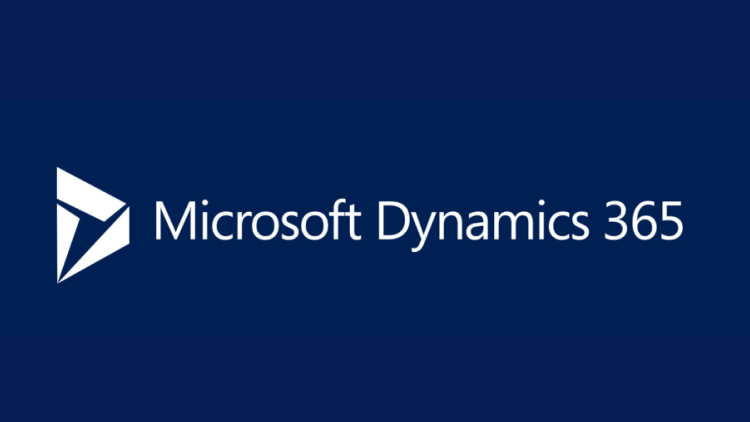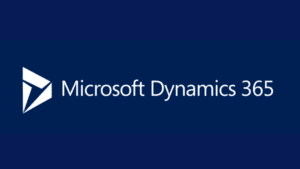How to Set Up SPF for Microsoft Dynamics 365?

SPF records help improve email deliverability by helping to prevent email spoofing. By including an SPF record in your DNS settings, you can help to ensure that email sent from your domain is not marked as spam by email providers.
How to Configure SPF for Microsoft Dynamics 365
- Sign in to your DNS administration interface.
- Select DNS Template under Tools & Settings
- You must change the DNS TXT record for SPF.
- For Microsoft Dynamics 365, an SPF TXT record will have the following syntax:
yourdomain.com TXT v=spf1 include:marketing.dynamics.com -all
- This record should be published in the DNS records section for the relevant domain.
Worth noting: To activate SPF for outgoing emails using Microsoft Dynamics 365 if your domain previously lacked an SPF record, all you need to do is publish the aforementioned record. If your DNS already contains an SPF record, you must update it to include Microsoft Dynamics 365 as shown below:
Previous SPF record: v=spf1 include:spf.zoho.com -all
Modified SPF record: v=spf1 include:spf.zoho.com include:marketing.dynamics.com -all
- Save adjustments.
- Allow your DNS to process the adjustments for 72 hours.
With Skysnag, you can easily manage Microsoft Dynamics 365’s SPF records without having to go to your DNS. This allows Microsoft Dynamics 365’s SPF record to propagate instantly, and autonomously always pass SPF alignment.
Sign up for a free trial today to see how it works for your domain
For more information on setting up Microsoft Dynamics 365’s SPF, you can refer to their reference documentation.
You can use Skysnag’s free SPF Checker to check the health of your SPF record here:




